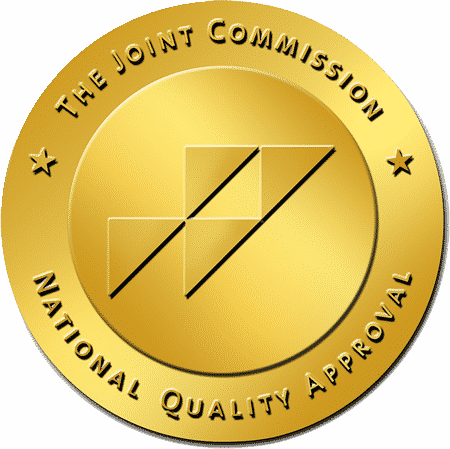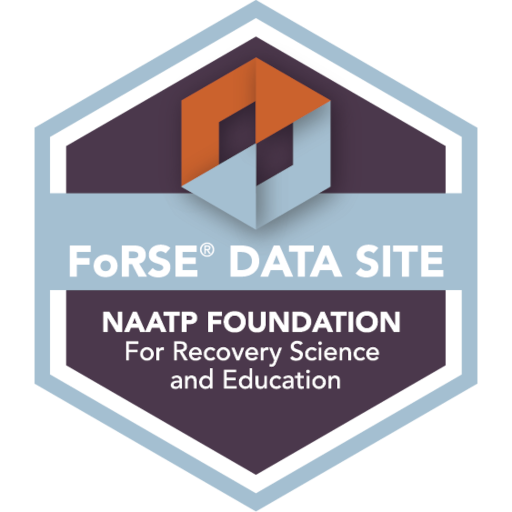As authorized by state law, a primary health care provider is a physician (Medical Doctor or Doctor of Osteopathic Medicine), nurse practitioner, clinical nurse specialist, or physician assistant, who provides, coordinates, or helps a patient access a wide variety of health care services.
The Role of a Primary Care Physician
A primary care physician is a doctor with whom a patient has an ongoing relationship. It is the doctor they see on a regular basis, such as for annual physicals, wellness checkups or other healthcare services.
While a general practitioner (GP) may be a patient’s primary physician, a primary care physician does not have to be a GP. A primary care physician may be a specialist in a field like family medicine, internal medicine, or licensed to treat conditions for a wide range of special medical problems.
All doctors are legally bound to keep a patient’s medical history secret, but a patient may feel more secure that their sensitive information is safe with a primary care physician they have known for years.
Trust can also be a factor when choosing or staying with family physicians or pediatricians who are the entry point medical providers for infants and children.
Does Insurance Require a Primary Healthcare Provider?
Persons enrolling in a health maintenance organization (HMO) insurance plan are required to select a primary care provider.
This primary care doctor or healthcare professional coordinates all ongoing care including preventive care medical services, treatment of common health conditions, medicine prescriptions, and referrals to medical specialists.
If you are changing health insurance to an HMO and already have a primary care provider, you will want to be sure they are affiliated with the new plan. Otherwise, you may have to change physicians, choosing from doctors or physician assistants or nurse practitioners who are in network with the insurance provider.
Preferred Provider Organization Plans Provide More Flexibility
Persons enrolled in a preferred provider organization (PPO) health insurance plan do not have to select a primary healthcare provider. They can also use health professionals not in the insurance provider’s network, but they usually pay more in insurance premiums and for care services.
PPOs give patients the freedom to see any doctor or specialist or use any hospital.
For example, if you live in Kerrville and want to get a diagnosis from an out-of-network internal medicine doctors in San Antonio, your first contact can be directly through the San Antonio doctors’ office.
Also, while traveling away from home, a person covered by a PPO has ready access to any healthcare provider.
How to Find Primary Healthcare Providers

Choosing among primary healthcare physicians is an important step toward managing healthcare. Here are some tips to follow.
Determine Which Primary Care Physicians Are ‘In-Network’
Health plans negotiate discounted rates with certain medical professionals and hospitals. Picking primary healthcare providers who are in-network results in lower costs. Your insurance provider will furnish a list of health care professionals in their network.
Meet Your Health Needs
Several different types of doctors can be identified as a primary care physician. Often, they are a general practitioner or physician who practices family medicine or internal medicine. Pediatricians, who focus on children, can serve as the primary care physician for children.
Look at their medical training and experience. How do they compare with other candidates?
With a Little Help from Your Friends
Ask friends and relatives in your area for referrals. Another healthcare professional with whom you have a relationship, like a pharmacist or dentist, might also have good recommendations.
Location, Office Hours, Hospital Privileges
Some other questions to answer:
- Is the doctor’s office location convenient?
- When does the doctor see patients? Do they have evening or weekend hours?
- To which hospitals do they admit patients? Is that the emergency room you would most likely use?
Plan an Office Visit
Schedule an in-person office visit. It is important to feel comfortable in the office with the physician and their staff. Talk with the doctor about your medical history and listen to their responses to that and any follow-up questions you ask about their health care services.
La Hacienda and Primary Care

La Hacienda Treatment Center is unique in that it has a fulltime medical office on campus. The staff do not make rounds to the center; they work here.
The health professionals at La Hacienda Treatment Center receive approved information from patients’ personal physicians and other specialists to help prepare an accurate diagnosis and individualized treatment plan.
If a patient does not have a primary care physician, the La Hacienda medical staff help them plan post-treatment medical care. This is especially true if patients have co-occurring disorders which will need attention following treatment for their substance use disorder. Sometimes these coinciding conditions are detected during the screening process upon admission.
Building the trust that a patient desires in a personal physician is possible at La Hacienda. Each patient sees one of the medical staff daily in the Special Care Unit during treatment, and sometimes in less formal settings. It’s not unusual for a health professional to stop and answer a patient’s question when they meet while crossing the campus or during group talks.
Primary Healthcare Services Included
The medical staff, which includes four physicians board-certified in addiction, internal, and emergency medicine and three nurse practitioners, also provide primary healthcare services for patients’ health problems.
All these health services are continuously available on our beautiful 40-acre Hill Country campus 90 minutes’ drive northwest of San Antonio.
If you or someone you know is struggling with a substance use disorder, phone (800) 749-6160 and speak with one of our helpful on-campus admission specialists.

Licensed Physician and Nursing Care
La Hacienda Treatment Center patients see a member of the medical staff every day of treatment, weekends and holidays included. The body and mind are making daily changes after detoxification and the physicians and nurse practitioners monitor patients’ progress and prescribe medications as needed.

Texas Board of Nursing Scope of Practice
The legal scope of health practices for professional registered nurses is outlined by the Texas Nursing Practice Act.

Joint Commission Credentialing
The Joint Commission, which certifies addiction treatment facilities through a review process, requires that physicians and nurses present evidence of licensure, education training experience, or other qualifications.

Difference Between Doctor and Nurse
A doctor attends medical school and completes a residency before receiving certification, a process that also includes earning a bachelor’s degree and a master’s degree. A nurse can achieve licensing after two years of post-secondary education with an associate degree or four years with a bachelor’s degree.




